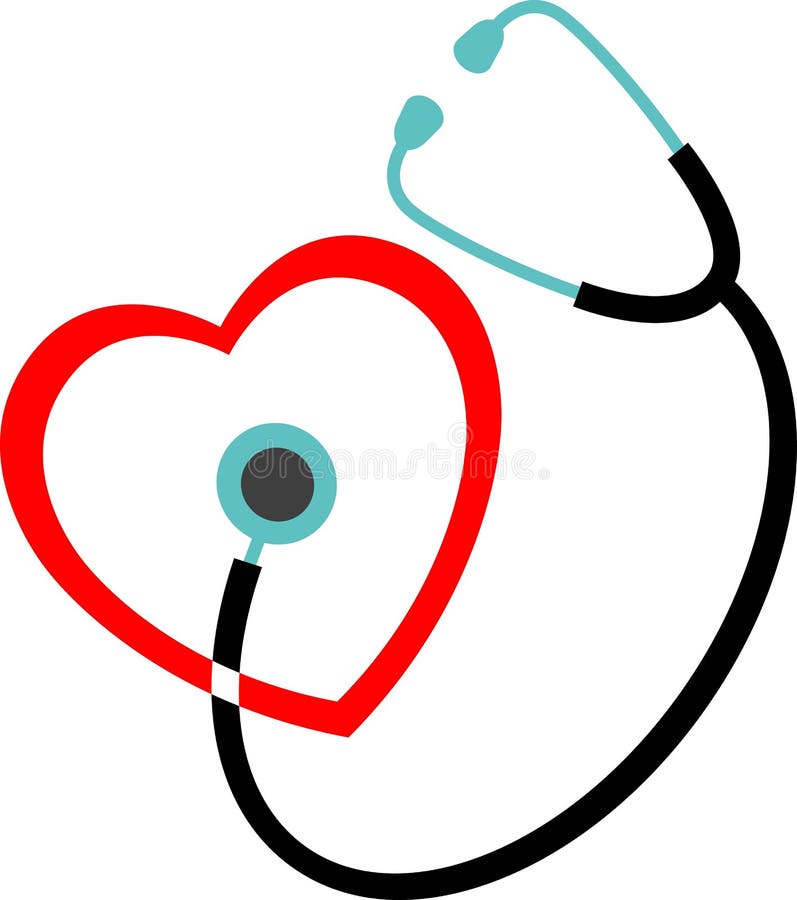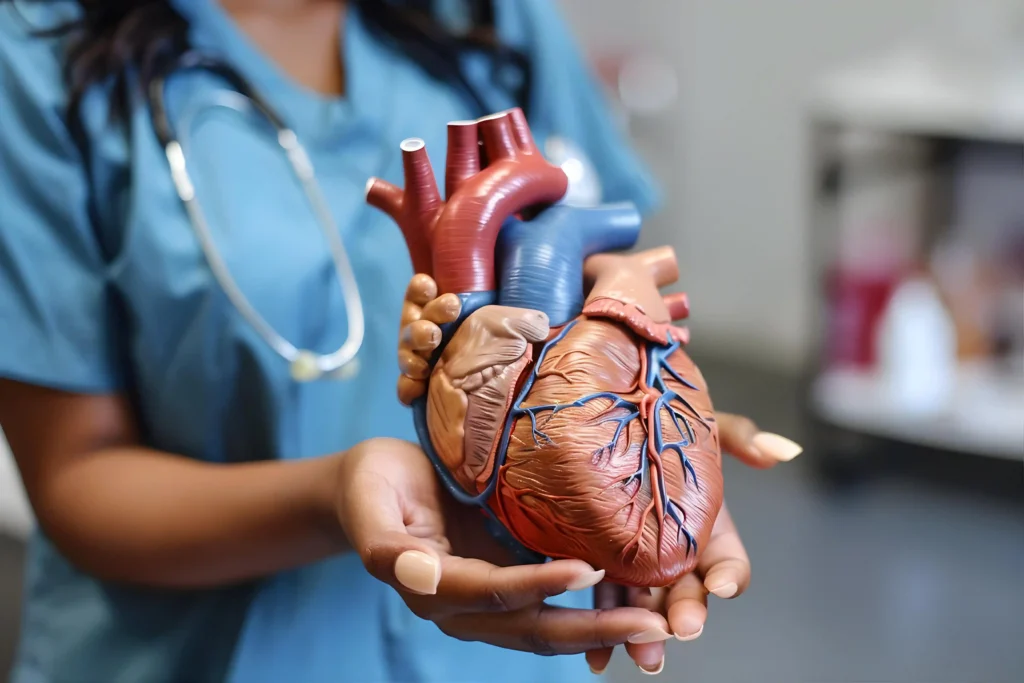Cardiology Jupiter’s expert tips for reducing cholesterol naturally
Cardiology Jupiter’s expert tips for reducing cholesterol naturally
Blog Article
Recognizing the Relevance of Cardiology in Modern Healthcare Services
Cardiology plays an essential duty in modern-day healthcare, particularly as cardiovascular disease remains to be the leading root cause of mortality worldwide. Developments in diagnostics and treatment have actually transformed individual treatment, allowing earlier treatments and boosted results. The change in the direction of preventive cardiology empowers individuals to handle their wellness proactively. As modern technology continues to progress, the integration of cutting-edge services might even more redefine cardiology's effect on public health and wellness, triggering a better exam of arising fads and their ramifications.
The Frequency of Cardiovascular Disease and Its Impact on Public Health
Although cardiovascular disease continues to be the leading cause of death worldwide, its effect expands far past private people to impact public health and wellness systems and economic situations. The high prevalence of heart illness positions a substantial pressure on health care resources, requiring increased funding for recovery, avoidance, and therapy programs. Public wellness efforts must address risk variables such as obesity, cigarette smoking, and sedentary lifestyles, which add greatly to the rising incidence of heart conditions.Moreover, the economic burden connected with heart condition is tremendous, incorporating not just direct medical costs but also indirect expenditures associated with lost productivity and premature mortality. Communities face difficulties in taking care of these costs, commonly causing variations in medical care accessibility and outcomes. As the population ages and lifestyle-related dangers proceed to escalate, the urgency for effective cardiology treatments comes to be critical. Subsequently, resolving heart condition is not just an issue of individual health however also a critical public health and wellness priority.
Advances in Cardiac Diagnostics and Imaging Techniques
Current improvements in cardiac diagnostics and imaging methods have actually transformed the field of cardiology, improving the capacity to monitor and detect heart problem. Methods such as heart MRI, CT angiography, and echocardiography have actually become increasingly sophisticated, offering in-depth pictures of cardiac frameworks and functions. These modalities permit the early recognition of conditions like coronary artery condition, cardiac arrest, and valvular disorders.Moreover, developments in non-invasive diagnostics, such as wearable technology and remote monitoring tools, have encouraged people and doctor. These devices promote real-time monitoring of heart rhythms and other necessary indicators, bring about prompt interventions. Furthermore, man-made knowledge is being integrated right into imaging evaluation, boosting accuracy and performance in diagnosis.
Advancements in Treatment Choices for Heart Conditions
Current advancements in cardiology have actually caused substantial technologies in therapy choices for heart conditions. These include sophisticated medical strategies that improve procedural end results and emerging medications that provide new methods for treatment. As the area advances, these developments play an important function in boosting person treatment and end results.
Advanced Surgical Techniques
Innovations in surgical methods have transformed the landscape of cardiology, supplying brand-new expect patients with heart problems. Minimally invasive treatments, such as catheter-based treatments, have actually substantially reduced healing times and hospital remains. Methods like robotic-assisted surgical procedure improve accuracy, enabling cosmetic surgeons to browse intricate physiological structures with greater accuracy. Developments in imaging technology assist in real-time visualization during procedures, improving end results. Transcatheter aortic valve replacement (TAVR) exemplifies an advancement in treating aortic stenosis, enabling valve substitute without open-heart surgery. In addition, hybrid strategies that integrate medical and catheter-based techniques offer tailored remedies for various heart issues. These sophisticated medical strategies not only boost individual safety and security yet likewise increase therapy alternatives, underscoring the critical duty of innovation in contemporary cardiology methods.
Arising Drugs and Therapies
As the landscape of cardiology remains to evolve, arising treatments and drugs play a crucial duty in enhancing treatment options for heart disease. Advancements such as unique anticoagulants and progressed lipid-lowering agents have actually changed the administration of cardiovascular illness, substantially decreasing individual morbidity and mortality. Furthermore, the growth of genetics therapies and regenerative medication supplies encouraging methods for treating problems previously considered permanent. Medical trials are continually revealing the efficacy of these therapies, pressing the limits of traditional therapies. The integration of digital wellness technologies facilitates tailored medicine, permitting for tailored treatment plans based on genetic and way of life aspects. Jointly, these advancements underscore the vibrant nature of cardiology, improving individual end results and redefining criteria of treatment in contemporary health care.
The Role of Preventive Cardiology in Individual Treatment
Precautionary cardiology plays an essential role in person treatment by concentrating on the recognition of risk factors that add to heart problem. With way of living adjustment strategies and early detection methods, doctor can properly reduce the occurrence of cardio events - Cardiology. This aggressive approach not only enhances client outcomes yet additionally promotes long-lasting wellness
Danger Aspect Identification
While cardiovascular illness remain a leading source of morbidity and mortality worldwide, effective danger factor recognition acts as a keystone of preventative cardiology. Recognizing threat elements such as hypertension, diabetes mellitus, family, and hyperlipidemia history is crucial for early intervention. Health care professionals use various screening techniques to evaluate these aspects, enabling for tailored precautionary actions. In addition, understanding an individual's lifestyle selections, such as smoking and physical lack of exercise, further educates danger analyses. This detailed analysis makes it possible for clinicians to establish individualized care plans focused on mitigating dangers. By focusing on danger element recognition, healthcare systems can improve individual outcomes and reduce the general problem of cardio diseases, inevitably adding to boosted public health and wellness techniques and source allotment.
Lifestyle Alteration Techniques
A plethora of research studies highlights the crucial role of way of life adjustment approaches in lowering cardio disease risk. These methods incorporate nutritional adjustments, raised exercise, smoking cigarettes cessation, and weight monitoring. By embracing a heart-healthy diet regimen abundant in fruits, veggies, entire grains, and lean healthy proteins, people can lower cholesterol degrees and high blood pressure. Routine exercise strengthens the heart and enhances overall cardio health and wellness. In addition, quitting smoking cigarettes greatly reduces the risk of heart problem and improves healing prices for those with present conditions. Weight management better contributes to cardiovascular health by mitigating other danger elements such as diabetes and high blood pressure. Applying these way of living transforms not only advertises private well-being yet additionally functions as a cornerstone of preventative cardiology in person treatment.
Very Early Detection Strategies
Way of life adjustments considerably add to reducing cardiovascular condition risks, however they are most effective when coupled with early discovery methods. Precautionary cardiology stresses the importance of determining possible heart concerns before they escalate into significant conditions. Techniques such as high blood pressure monitoring, cholesterol testing, and progressed imaging innovations like echocardiograms play critical duties in examining cardiovascular health and wellness. Biomarkers and genetic testing also improve the accuracy of early discovery, permitting customized preventive strategies. Regular cardiac threat assessments empower medical care service providers to intervene proactively, possibly avoiding cardiovascular disease and strokes (Cardiology Jupiter). By integrating these early discovery approaches right into routine treatment, individuals can benefit from prompt way of living treatments and targeted treatments, ultimately improving and enhancing end results quality of life
Integrating Innovation Into Cardiology Practices
As improvements in technology remain to improve various areas, the assimilation of cutting-edge tools and systems right into cardiology practices has come to be essential for boosting client treatment and outcomes. Telemedicine systems permit cardiologists to check people remotely, enhancing accessibility to care while lowering the burden on healthcare facilities. Wearable tools, such as smartwatches, enable continuous heart rate surveillance, informing both doctors and patients to prospective concerns in real-time. In addition, man-made knowledge (AI) is being utilized to examine large amounts of heart data, assisting in very early medical diagnosis and individualized treatment strategies. Advanced imaging techniques, consisting of 3D echocardiography, boost visualization of heart structures, bring about much more exact treatments. Electronic health records (EHRs) streamline individual details monitoring, ensuring that cardiologists have immediate accessibility to critical information. With each other, these technical developments are changing cardiology, promoting aggressive monitoring and boosted health end results for patients with cardiovascular conditions.
The Importance of Person Education And Learning and Involvement
Client education and involvement play a critical duty in the monitoring of cardiovascular health and wellness. By equipping individuals with knowledge concerning their conditions, treatment alternatives, and way of life adjustments, doctor equip individuals to take an active role in their treatment. This proactive strategy can lead to boosted adherence to recommended medicines, nutritional changes, and workout programs, eventually decreasing the threat of complications.Engagement likewise fosters a solid patient-provider relationship, encouraging open interaction and trust fund. When patients feel informed and involved, they are more probable to voice issues and ask questions, which can lead to far better clinical outcomes. Additionally, instructional sources, such as workshops or digital systems, can improve understanding and advertise self-management techniques. On the whole, focusing on individual education and learning and engagement is necessary for enhancing cardiovascular wellness, improving top quality of life, and minimizing health care prices connected with heart diseases.
Future Patterns in Cardiology and Their Possible Impact

Frequently Asked Inquiries
What Way Of Living Changes Can Lower Heart Condition Risk?
The existing concern addresses way of living modifications that can substantially minimize heart problem danger. Dr Garcia. Embracing a well balanced diet regimen, taking part in routine physical task, keeping a healthy and balanced weight, taking care of tension, and preventing tobacco can notably improve cardio wellness
Exactly How Can I Recognize Very Early Indicators of Heart Troubles?
Acknowledging very early indicators of heart troubles entails tracking symptoms such as breast pain, lack of breath, exhaustion, and uneven heartbeat. Timely understanding of these indicators can prompt necessary clinical analysis and intervention for better results.
What Are the Differences In Between Cardiologists and Heart Surgeons?
The differences in between cardiologists and heart surgeons hinge on their roles; cardiologists mostly detect and take care of heart disease via non-invasive methods, while cardiac cosmetic surgeons carry out procedures to deal with structural heart problems. Each plays a vital, distinct function.

How Commonly Should I Obtain My Heart Health And Wellness Checked?
The frequency of heart checkup differs based upon private threat variables. Normally, grownups need to go through examinations every one to two years, while those with current conditions might call for even more regular evaluations as suggested by health care professionals.
What Duty Does Genetics Play in Heart Problem Threat?
Genes greatly influences heart problem threat, with domestic patterns suggesting inherited problems. Details genetics can predispose individuals to high blood pressure, cholesterol issues, and other cardio troubles, highlighting the significance of hereditary testing in evaluating heart wellness. Heart illness continues to be the leading cause of death around the world, its influence extends much past individual people to affect public wellness systems and economic climates. Public wellness efforts must resolve danger variables such as excessive weight, cigarette smoking, and sedentary way of lives, which contribute substantially to the rising occurrence of heart conditions.Moreover, the economic worry linked with heart condition is immense, incorporating not only straight clinical prices however also indirect costs connected to shed performance and early mortality. Precautionary cardiology plays a crucial function in patient care by concentrating on the recognition of danger factors that contribute to heart illness. Man-made knowledge (AI) and machine understanding are improving diagnostics and individual surveillance, enabling very early detection of heart diseases. The differences between cardiologists and cardiac surgeons this content exist in their roles; cardiologists largely take care of and diagnose heart problems through non-invasive methods, while cardiac cosmetic surgeons carry out medical procedures to correct architectural heart concerns.
Report this page